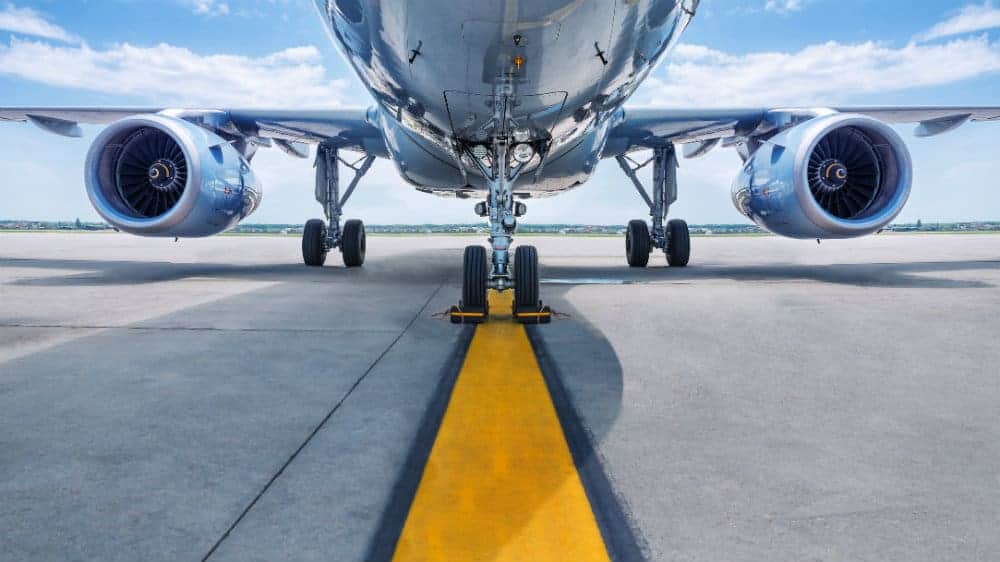Without a doubt, the travel and tourism industry has been one of the greatest casualties of the market meltdown of the past month. Cruise lines, hotels, and airlines have been particularly hard hit.
While no one knows when the market will bottom out, there is an investment strategy that has proven to be successful in past bear markets: buy the strongest player in the weakest industry.
Today, that stock is Air Canada (TSX:AC)(TSX:AC.B). Of all of the carriers, Canada’s national airline is best equipped to deal with this disruption. There will be pain in the short term, but Air Canada will survive, and there will be gains in the long run.
Air Canada/Air Transat deal in jeopardy
In August of 2019, Air Canada’s offer to buy Air Transat for $720 million, or $18 per share, received approval from an overwhelming majority of Air Transat’s shareholders.
As of today, this deal is in jeopardy.
According to BNN Bloomberg, the Material Adverse Effect clause in the contract has been triggered. If the deal is not dead altogether, then the acquisition price may need adjustment.
A Material Adverse Effect is a common clause found in purchase agreements that could impact a deal’s closing. In legal terms, a Material Adverse Effect means any event, occurrence, fact, condition, or change that could reasonably be expected to become materially adverse to the business, such as results of operations, financial condition, assets, liabilities, or prospects.
This morning, Air Transat announced it would be laying off 70% of its workforce. Although layoffs were expected, the fact that such a large percentage of the company’s 3,600 employees would be affected came as a shock.
Air Transat made this announcement because it is running ahead of schedule in repatriating Canadians who were out of the country as the pandemic began. As of March 22, Air Transat had returned 60% of their customers to Canada. They expect the repatriation to be completed by the end of this month.
Similar to the disruptions after 9/11
According to an analyst at JPMorgan, the current situation for airlines is similar to the aftermath of the September 11th terrorist attacks in America. In the four months following the attacks, global airline stocks contracted by 40% year over year.
Unfortunately, the analyst warns that the carnage could be much worse than 9/11. JPMorgan has warned that the airline contraction could be double that of the terrorist attacks. Delta, one of the largest airlines in North America, has already forecasted its revenue will be 80% lower year over year for the June quarter.
The good news is that we can expect air travel to rebound quickly based on the example from 9/11. Within 24 months after the terrorist attacks, air travel had rebounded completely to previous levels.
Air Canada’s healthy balance sheet
At the close of the fourth quarter, Air Canada had approximately $6 billion in cash in addition to unused credit lines of $7.4 billion. The company’s net debt (debt minus cash) was less than 80% of 2019 EBITDA.
The stock is trading at $12.70 as of this writing. Shares are down a stunning 76% from their 52-week high of $52.71. The stock currently has a P/E ratio of 2.32.
The bottom line
Air Canada will survive the current crisis. I do not know at what price the stock will bottom, but I do know that if you buy today, you will be getting a high-quality stock at a 75% discount of where it was trading just a short while ago. If you are nervous about the stock falling even further, one tactic is to buy incrementally during the next several months.




